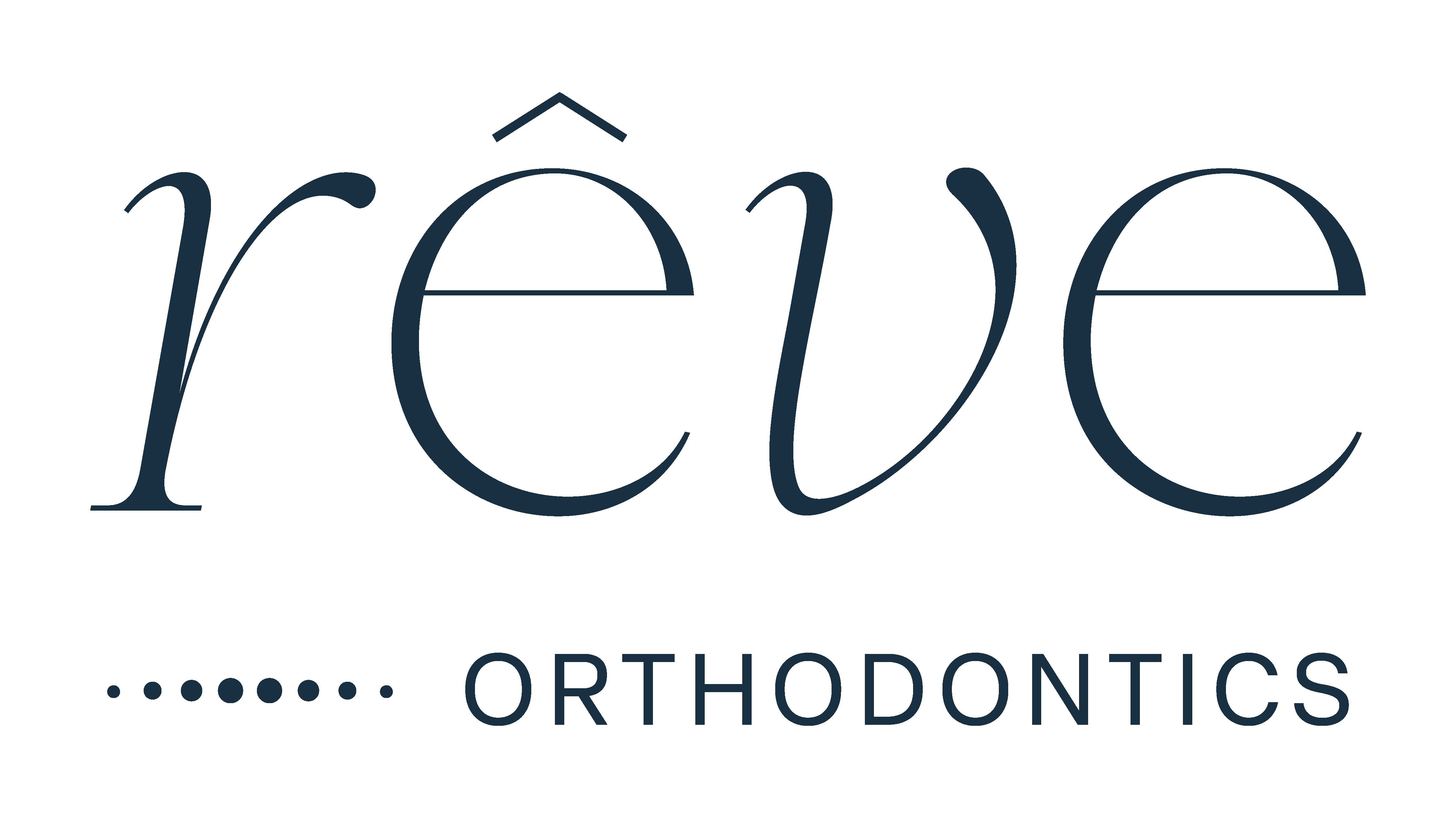Metal braces, a traditional and time-honored orthodontic treatment, consist of small metal brackets bonded to the front surface of each tooth and connected by a thin archwire. These braces apply gentle yet continuous pressure on the teeth, guiding them into their desired positions over time. Additionally, elastic bands or ligatures may secure the wire to the brackets, further aiding tooth movement. While wearing metal braces, periodic adjustments by an orthodontist are necessary to tighten the wire and ensure proper alignment progress. Despite the emergence of newer orthodontic options, metal braces remain highly effective in treating various dental misalignments, offering durability, affordability, and predictable results that have made them a trusted choice for achieving a straighter and healthier smile.
The Pros of Metal Braces
- Metal braces are highly effective in correcting orthodontic issues, including crowded teeth, gaps, overbites, underbites, and crossbites. They apply continuous pressure to move teeth into proper positions, resulting in a straighter and healthier smile.
- Metal braces are often more affordable than other orthodontic treatments, such as clear aligners or ceramic braces. This makes them accessible to many patients, regardless of budget or financial constraints.
- Metal braces can address both simple and complex orthodontic issues, making them a versatile option for patients with varying treatment needs. They can also be customized to accommodate individual preferences, such as with colored bands and brackets for a personalized touch.
- With metal braces, patients can expect predictable and consistent results. Orthodontists have extensive experience and expertise in using metal braces to achieve optimal outcomes, ensuring patients achieve the straight and beautiful smile they desire.
Metal Braces: What to Expect During Treatment
Initial Consultation
Your orthodontic journey begins with an initial consultation with an orthodontist. During this appointment, your orthodontist will examine your teeth, discuss your treatment goals, and explain the orthodontic options available to you. If metal braces are recommended, they will create a personalized treatment plan tailored to your needs.
Placement of Braces
Once you've decided to proceed with metal braces, the next step is the placement of the braces. During this appointment, your orthodontist will clean and dry your teeth before attaching small metal brackets to the front surface of each tooth using dental adhesive. A thin archwire will be threaded through the brackets and secured with elastic bands or ligatures.
Adjustment Period
After the braces are placed, you may experience some initial discomfort or soreness as your teeth adjust to the pressure exerted by the braces. This discomfort is normal and typically resolves within a few days to a week. Over-the-counter pain relievers can help alleviate any discomfort during this adjustment period.
Regular Orthodontic Visits
You'll attend regular orthodontic visits for adjustments and check-ups throughout your treatment with metal braces. During these appointments, your orthodontist will tighten the archwire, replace elastic bands or ligatures, and monitor your progress. These visits ensure your treatment stays on track and your teeth move into their desired positions.
Oral Hygiene Maintenance
Maintaining good oral hygiene is crucial while wearing metal braces to prevent tooth decay, gum disease, and other health issues. You'll need to brush your teeth thoroughly after every meal and snack, using a soft-bristled toothbrush and fluoride toothpaste. Flossing with braces requires extra care and may require special tools such as floss threaders or orthodontic floss.
Dietary Restrictions
While wearing metal braces, you'll need to avoid certain foods that can damage or get stuck in the braces, such as hard, crunchy, or sticky foods. Instead, opt for soft, braces-friendly foods less likely to cause problems. Your orthodontist will list foods to avoid and dietary recommendations during your treatment.
Completion of Treatment
The length of time you'll need to wear metal braces depends on the severity of your orthodontic issues and your treatment plan. On average, treatment for metal braces typically lasts one to three years. Once your orthodontist determines that your treatment is complete and your teeth are in their desired positions, the braces will be removed, and you'll transition to the retention phase of treatment to maintain your results.
Caring for Your Teeth While Wearing Metal Braces
- After every meal and snack, brush your teeth thoroughly to remove food particles and plaque. Use a soft-bristled toothbrush and fluoride toothpaste, angling the brush to clean around the brackets and wires. Consider using an interdental brush or proxy brush to clean between the wires and teeth.
- Flossing with braces requires extra care and patience. Carefully use a floss threader or orthodontic floss to thread the floss under the archwire between the teeth. Gently move the floss up and down along the sides of each tooth to remove plaque and debris.
- Rinse your mouth with water or an antimicrobial mouthwash after brushing and flossing to help dislodge any remaining food particles and bacteria. Swish the rinse around your mouth for 30 seconds before spitting it out.
- Certain foods can damage braces or get stuck, leading to plaque buildup and tooth decay. Avoid hard, crunchy, or sticky foods such as popcorn, nuts, chewing gum, and sticky candies. Opt for soft, braces-friendly foods like yogurt, mashed potatoes, and steamed vegetables instead.
- Keep up with your scheduled orthodontic appointments for adjustments and check-ups. Your orthodontist will monitor your progress, make any necessary adjustments to your braces, and provide guidance on maintaining good oral hygiene throughout your treatment.
Embarking on the journey to a straighter smile with metal braces is an exciting and transformative experience. Contact the Rêve Orthodontics office near you at 1789 Clairmont Rd, Decatur, GA 30033; 931 Monroe Dr NE, Ste C-201, Atlanta, GA 30308; or 2371 Henry Clower Blvd SW, Ste A, Snellville, GA 30078 to schedule a consultation with our experienced orthodontic team today and take the first step towards achieving the smile you've always wanted. You can schedule an appointment online or call us at (770) 972-6000.

